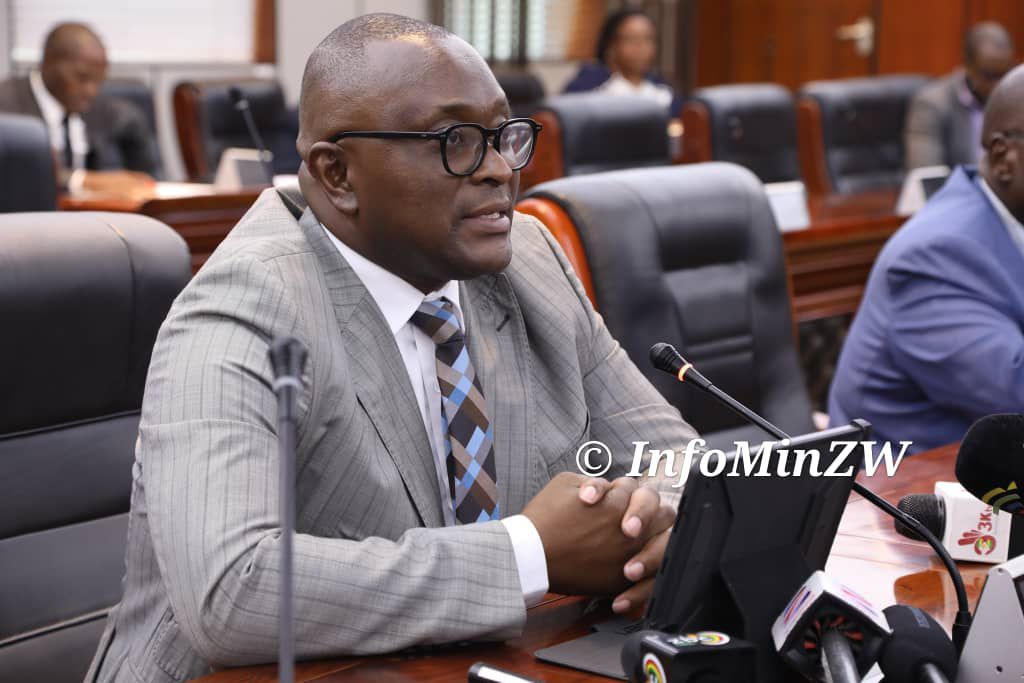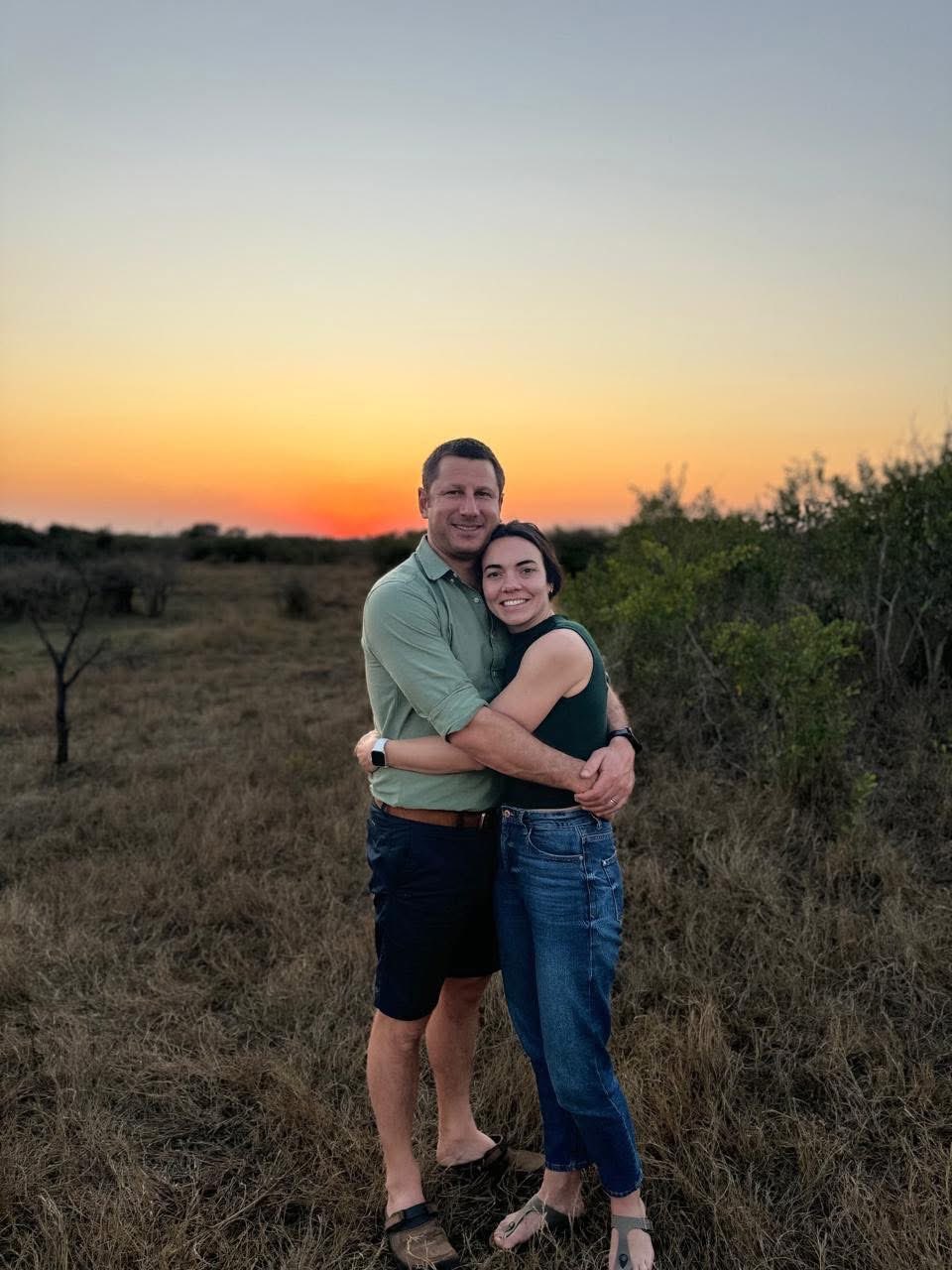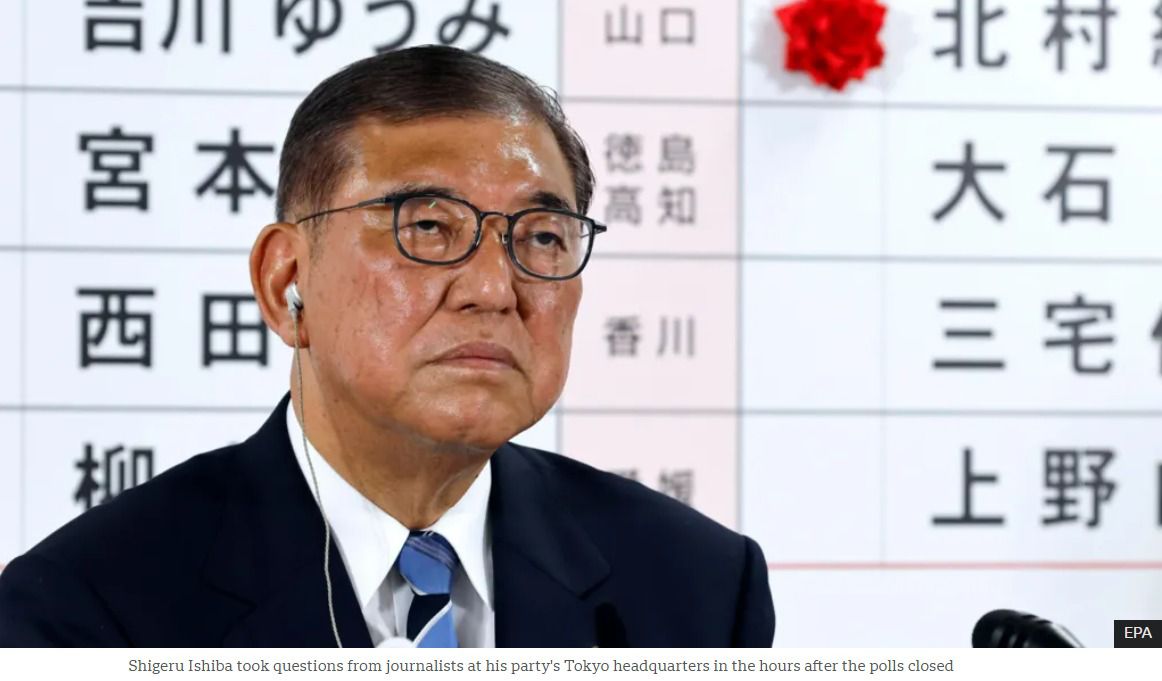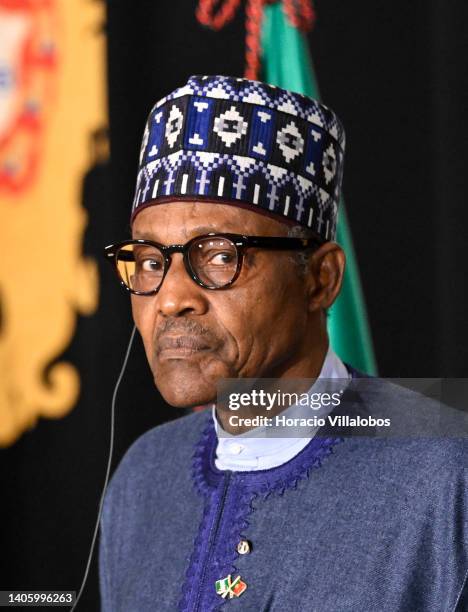HARARE – SADC has called an extraordinary summit for Harare from November 16 to 20 “primarily to address emerging issues of regional significance,” Zimbabwe’s information minister said on Tuesday.
Zimbabwe currently holds the rotating SADC chairmanship.
“The summit is also expected to be briefed on recent political events in the region, including the recent elections in Mozambique and Botswana and the upcoming polls in Namibia,” Jenfan Muswere said at a media briefing after a meeting of the cabinet.
The summit comes as post-election protests and violence have rocked Zimbabwe’s eastern neighbour, Mozambique.
The president of the Mozambique Medical Association (AMM), Napoleão Viola, said on Tuesday that at least 108 people had been shot and 16 killed in the post-election violence of the last few days, adding that some health services are breaking down because of the “pressure”.
“In some health units, unfortunately, there are some services that are no longer working, especially outpatient services, consultations. Unfortunately, there are even some situations of vaccinations for children, which are very important,” said Viola, during a protest march that hundreds of health professionals, led by doctors, organised in Maputo.
“Up until the last figures we had, there were around 108 shootings, with 16 fatalities. Unfortunately, this is a situation that is occurring in our health units, that’s why we think it would be really worthwhile to hold this march and say, enough violence, enough attacks, that we can all, in peace, dialogue and try to find solutions,” he said.
He emphasised that these were only the figures recorded by the AMM: “We don’t have the capacity to control the whole machine at national level and so there will certainly be many more cases.”
The violence followed the announcement of general election results of the October 9 vote by the National Electoral Commission (CNE), with Daniel Chapo, supported by the Mozambique Liberation Front (Frelimo, the party in power since 1975), winning with 70.67 percent of the vote.
According to the CNE, Venâncio Mondlane came second with 20.32 percent, but the latter does not recognise the results, which still have to be validated and proclaimed by the Constitutional Council.
Mondlane has called for various demonstrations, a seven-day general strike, starting on 31 October, and a national march in Maputo on November 7.
These demonstrations, stopped by the police, have degenerated into clashes, with the use of tear gas and firearms to disperse demonstrators, who in turn cut off streets and avenues, responding with stones and burning tyres.
The situation, combining injuries in clashes with the police and the effects of the strike and blocked roads, which prevent health professionals from travelling to work, is putting “pressure” on hospitals.
Mondlane, who fled the country after the disputed elections, said Tuesday he plans to return this week as the gas-rich nation faces growing unrest.
He said he will be back to lead his supporters in the November 7 march.
“This is the proper time for revolution in Mozambique,” Mondlane told Bloomberg by phone from an undisclosed location.
“If we mobilise thousands and thousands of people there, millions of people, I believe that even the army will march with the people. I feel it, and I believe it will happen.
Mozambique has been on edge since official tallies showed ruling party candidate Daniel Chapo garnered almost 71 percent of the votes cast on October 9, an outcome Mondlane said was rigged to deprive him of victory. The former lawmaker’s legal adviser and a senior member of a small party that backed him were gunned down before the results announcement, exacerbating the tensions.
The electoral process was criticised by international observers, while the government urged anyone with grievances to follow due legal process and allow the courts to handle any disputes.
Mondlane and the Podemos party that backs him have challenged the outcome with the Constitutional Council, which needs to verify the results.
At least 11 people died during demonstrations last month, with police using teargas and live ammunition, according to advocacy group Human Rights Watch. Rioters have blocked roads in parts of the country and torched at least one police station, as well as the offices of the ruling party, Frelimo, which has held power since 1975.
Adriano Maleiane, the finance minister and prime minister, was cited by state-owned Radio Moçambique as saying the economy was at risk of collapse if the demonstrations don’t stop. Verónica Macamo, Mozambique’s foreign minister, met with the diplomatic corps on Monday and called for help to restore stability.
The authorities have opened criminal proceedings against Mondlane in the wake of the violence and restricted use of the internet and social media that he has used to direct the protests via live streams that have attracted millions of views. It’s unclear if he will be arrested if he does return home.
A qualified forestry engineer and evangelical church pastor, Mondlane said he traveled overland to South Africa after the police fired teargas at an impromptu press briefing he held in Maputo on October 21. He made his way to Johannesburg and then on to a secret hideout in another country because he suspected he was under surveillance.
An influential group of Catholic bishops called for talks and suggested that consideration be given to the formation of a government of national unity.
Mondlane said he is open to dialogue, but his participation is conditional on the authorities restoring what he said was the real election outcome. He also wants the government to commit to building 3 million houses within five years for young people, and starting a $500 million fund to finance their businesses.
While Mondlane said he has been contacted by emmisaries of former presidents Armando Guebuza and Joaquim Chissano about engaging in negotiations, he said he would not accept any personal position in the government, but would be open to negotiating roles for other opposition party officials.











